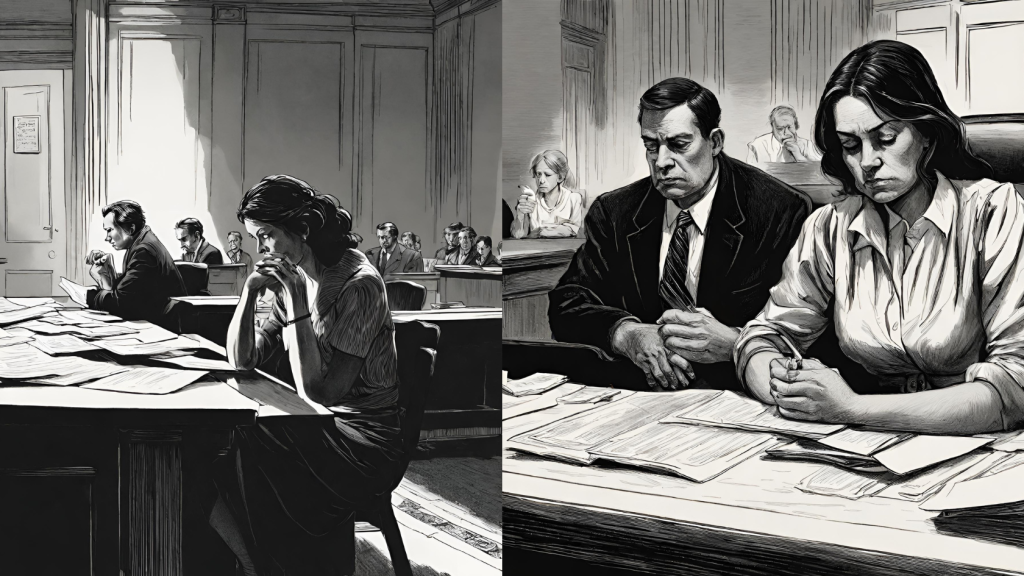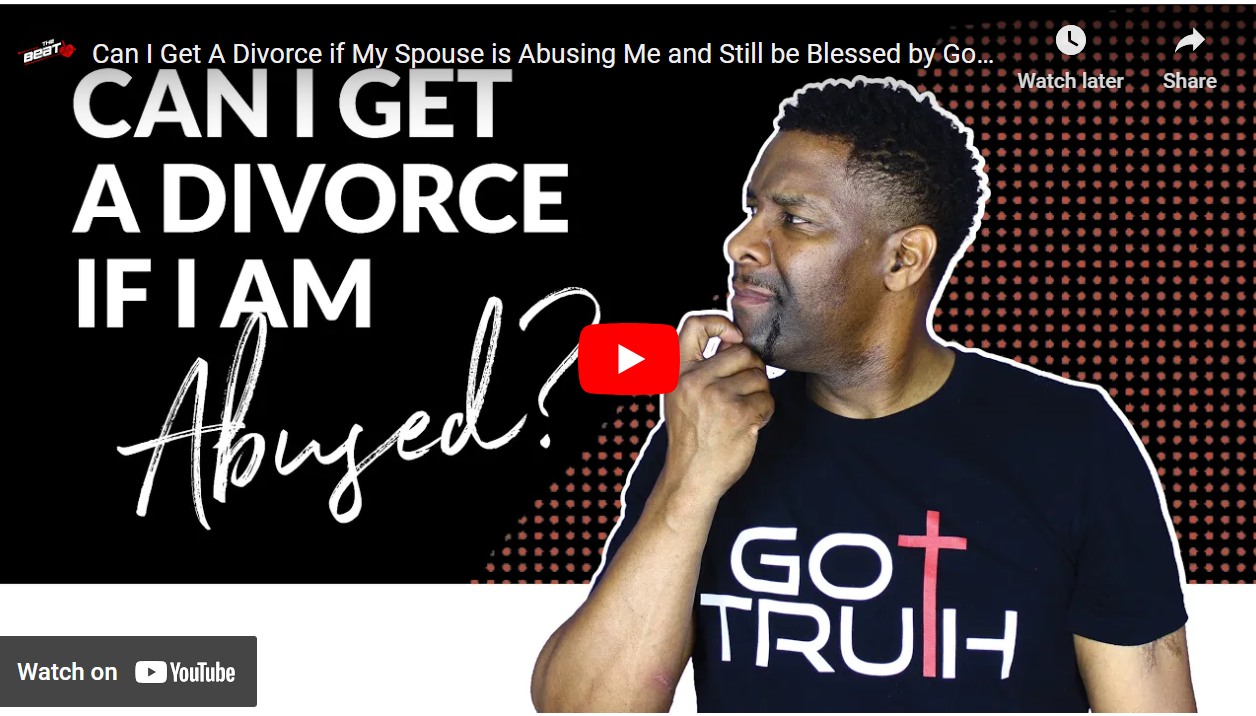Divorce is a complex and emotionally charged topic, especially when it involves situations of abuse within a marriage. The question of whether someone can get a divorce if their spouse is abusing them is not just a legal matter but also a deeply personal and sensitive issue. In many jurisdictions, including the United States, abuse—whether physical, emotional, or psychological—is recognized as valid grounds for divorce. However, navigating the process of divorcing an abusive spouse can be fraught with challenges and risks.
First and foremost, it’s essential for anyone experiencing abuse in their marriage to prioritize their safety and well-being. If you are in immediate danger, it’s crucial to reach out to local law enforcement or a trusted support organization for assistance. Many communities have resources available for survivors of domestic violence, including shelters, hotlines, and legal advocacy services.
In terms of the legal aspects, laws regarding divorce and abuse vary by jurisdiction, so it’s advisable to seek guidance from a qualified attorney who specializes in family law. They can provide you with information about your rights, options, and the specific procedures involved in filing for divorce in your area. Additionally, an attorney can help you understand any protective measures, such as restraining orders, that may be available to ensure your safety during the divorce process.

It’s also important to recognize that divorcing an abusive spouse can be a challenging and potentially dangerous endeavor. Abusers may escalate their behavior when they perceive a loss of control, putting their victims at increased risk of harm. Therefore, it’s essential to develop a safety plan and enlist the support of trusted friends, family members, and professionals who can provide emotional support and practical assistance throughout the divorce proceedings.
In some cases, survivors of abuse may also benefit from counseling or therapy to address the emotional trauma and navigate the complexities of ending a marriage. Many communities offer support groups specifically for survivors of domestic violence, where individuals can connect with others who have similar experiences and access resources for healing and empowerment.
Ultimately, while divorce may be a necessary step to escape an abusive relationship and rebuild a life free from harm, it’s essential to approach the process with caution, preparation, and support. No one should have to endure abuse in any form, and seeking help and taking steps to protect yourself is a courageous and empowering act. If you or someone you know is experiencing abuse, please know that help is available, and you are not alone.

